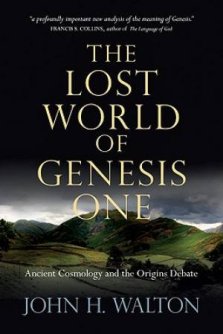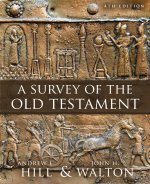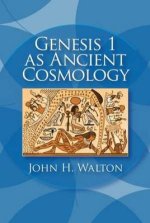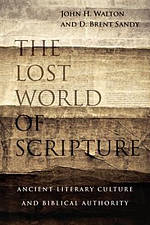Preface
Introduction
Abbreviations
Part I: Interpretation
Proposition 1: Reading the Bible Consistently Means Reading It as an Ancient Document
Proposition 2: We Should Approach the Problem of the Conquest by Adjusting Our Expectations About What the Bible Is
Proposition 3: The Bible Does Not Define Goodness for Us or Tell Us How to Produce Goodness, but Instead Tells Us About the Goodness God Is Producing
Part II: The Canaanites Are Not Depicted as Guilty of Sin
Proposition 4: The Bible Teaches Clearly and Consistently That Affliction by God Cannot Be Automatically Attributed to Wrongdoing on the Part of the Victim
Proposition 5: None of the Usual Textual Indicators for Divine Retribution Occur in the Case of the Canaanites
Excusus: The Midianites in Numbers 31
Proposition 6: Genesis 15:16 Does Not Indicate That the Canaanites Were Committing Sin
Proposition 7: Neither the Israelites nor the Canaanites Are Depicted as Stealing the Other’s Rightful Property
Part III: The Canaanites Are Not Depicted as Guilty of Breaking God’s Law
Proposition 8: The People of the Land Are Not Indicted for Not Following the Stipulations of the Covenant, and Neither Is Israel Expected to Bring Them into the Covenant
Excursus: Demons and Idolatry in the Old Testament
Proposition 9: Ancient Law Codes Such as the One Contained in Leviticus 18-20 Are Not Lists of Rules to Be Obeyed, and Therefore the Canaanites Cannot Be Guilty of Violating Them
Proposition 10: Holiness Is a Status Granted by God; It Is Not Earned Through Moral Performance, and Failing to Have It Does Not Subject One to Judgment
Proposition 11: The Expulsion of the Canaanites from the Land in the Conquest Cannot Be Evaluated by Comparison to the Expulsion of the Israelites from the Land in the Exile Because Israel Is Under the Covenant and the Canaanites Are Not
Part IV: The Language and Imagery of the Conquest Account Has Literary and Theological Significance
Proposition 12: The Depiction of the Canaanites in Leviticus and Deuteronomy Is a Sophisticated Appropriation of a Common Ancient Near Eastern Literary Device, Not an Indictment
Excursus: The Invincible Barbarians and the Rephaim
Proposition 13: Behaviors That Are Described as Detestable Are Intended to Contrast with Ideal Behavior Under the Israelite Covenant, Not to Convict the People Who Did Them of Crimes
Proposition 14: The Imagery of the Conquest Account Recapitulates Creation
Part V: What God and the Israelites Are Doing Is Often Misunderstood Because the Hebrew Word Herem Is Commonly Mistranslated
Proposition 15: Herem Does Not Mean "Utterly Destroy"
Excursus: Hyperbole in Conquest Accounts
Proposition 16: Herem Against Communities Focuses on Destroying Identity, Not Killing People of Certain Ethnicities
Excursus: What Is Happening in Deuteronomy 7
Proposition 17: The Wars of Israelite Conquest Were Fought in the Same Manner as All Ancient Wars
Proposition 18: Rahab and the Gibeonites Are Not Exceptions to the Herem, and the Use of Herem Against the Amalekites Does Not Indicate That Herem Is Punishment
Excursus: Ḥerem and the Removal of Impurity
Proposition 19: The Logic of the Herem Event of the Conquest Operates in the Context of Israel’s Vassal Treaty
Part VI: How to Apply This Understanding
Proposition 20: The Old Testament, Including the Conquest Account, Provides a Template for Interpreting the New Testament, Which in Turn Gives Insight into God's Purposes for Us Today
Proposition 21: The Application of Herem in the New Covenant Is Found in Putting Off Our Former Identity and Surrendering to the Lordship of Christ, and Therefore Herem Has Nothing to Do with Killing People
Conclusion
Notes
Subject Index
Scripture Index
Trustpilot
















